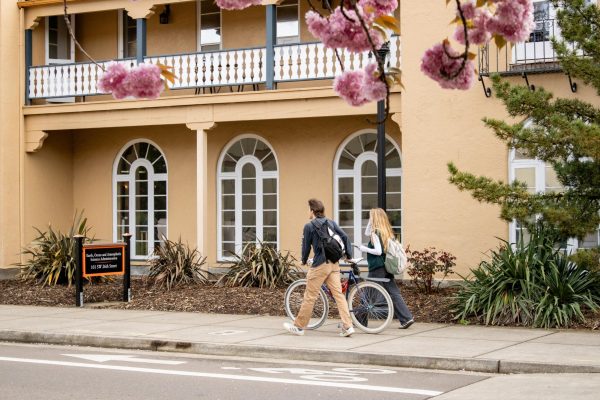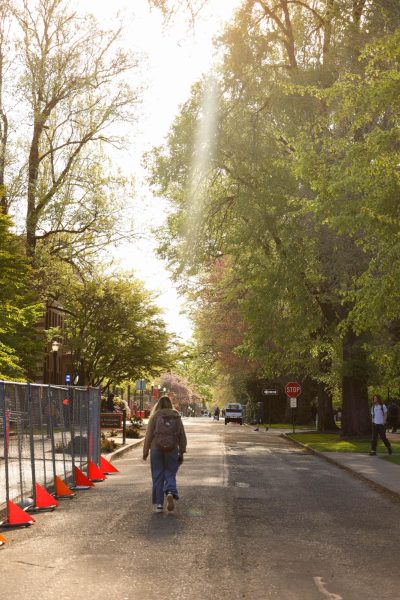Not Nearly Finished: Balance is key in college career success
January 20, 2016
Try to maintain a life with class, work and a social life.
It sounds easier said than done, and I can attest to this.
I’ll come right out and say it: If you want to see nothing but the letter “A” on all of your grades while maintaining the extracurricular involvement I mentioned in my last column, it’s not going to happen without sacrifices to your social life.
Well crap.
More than four years later I still don’t feel like there’s a magical solution, but I’ve learned a thing or two about the importance of balance.
This became especially important after my first internship.
Here’s the thing, though: It’s possible to maintain a successful academic career without sending your night and weekend activities to the execution chamber.
You just need to take it easy. Have time for a few hours of drinks with friends on a Friday and maybe a small road trip from Saturday to Sunday? Should be more than doable—that is, if it’s not finals week.
Going out during each and every single “Western Wednesday” event when you’re supposed to be in class at 8 a.m. the next day? You might start feeling the effects.
Three fundamental steps to maintaining good standing in school include resisting temptations, setting internal priorities among your scheduled activities and making sure that you have good quiet study areas during your time of work, according to tips for success from ACT.org. In addition, it’s important to make sure you’re taking care of your physical well-being and properly coordinating free time with friends.
You might be surprised how much free time you have once you start putting things down on paper.
For those on the “too much fun” side, there’s a continuing pattern: More than 30 percent of college students in 2014 who meet the criteria of alcohol abuse, according to Gregg Henriques, a professor of psychology at James Madison University. His entry in “Psychology Today” went on to outline how a 2007 NIH/NIAAA report on college students aged 18-24 saw an increase in binge drinking and drunk driving between 1998 and 2006.
Again, probably not the kind of “fun” any of us want to have in the end.
First, it’s essential that you maintain a strong social network of close friends and family who understand that your life isn’t going to have as many open gaps as it used to. It shouldn’t be the end of the world if you have to cancel plans because of an assignment or other academic obligations. It should, in fact, be expected.
Schedule activities on days you know you can keep off, and make sure you have at least one day a week when you’re not swimming in class assignments, work or other endeavors that could increase your stress levels.
Don’t “work hard,” but “work well.”
If you go out and do nothing but party, it’ll reflect back on your progress in school.
But the same goes for the “workaholics” out in the world: Too much effort in such a compressed amount of time will only lead to burnout in the end.
Talk to your advisers and professors if you find yourself continually struggling with the adjustments that continue to take place in your college career. It’s normal to feel like you’re trapped or overwhelmed going through all of this, which is why it’s essential to find balance.
And if you discover the best routine patterns that work for you now, it’s sure to last a lifetime.
But really, as the horrific cliché goes, whatever floats your boat.
The opinions expressed in Bassinger’s column do not necessarily reflect those of The Daily Barometer Staff.





















































































































